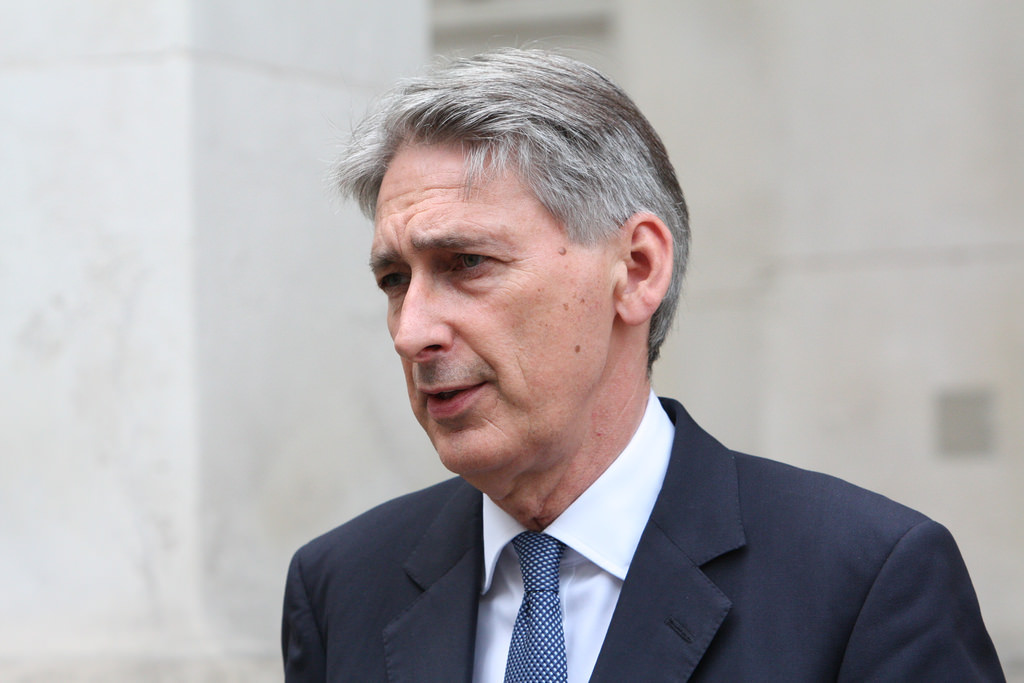 Experts are calling on the government to scrap or overhaul several UK taxes to help boost efficiency ahead of this week’s Budget.
Experts are calling on the government to scrap or overhaul several UK taxes to help boost efficiency ahead of this week’s Budget.
The Institute of Economic Affairs said it wants the government to make significant changes to capital gains tax, stamp duty, council tax, business rates and inheritance tax.
Professor Philip Booth, academic fellow at the Institute of Economic Affairs, said: “Changes to these three groups of taxes would considerably simplify the tax system and make taxes more economically efficient. The changes would be largely self-contained. The proposals would represent a radical reform of, and a huge improvement to the UK tax system.”
There are now approximately 10 different sets of rules of stamp duty depending on the value of the property compared to just two rates just 20 years ago.
The Institute of Economic Affairs said that stamp duty reduces labour mobility and makes it more expensive for people to downsize or move home, while council tax is regressive and business rates act as a disincentive to investment in business property.
It suggested that council tax and stamp duty could be replaced with an annual property-based tax set at a fixed percentage of a property’s value, with a cap of 1%.
The body wants capital gains tax abolished as when applied to investments in company shares it acts as a double tax because it taxes anticipated profits and retained profits that are taxed elsewhere in the system.
It also called on the government to either abolish inheritance tax or replace it with a limit of around £500,000 to reduce the burden on estates that are widely disbursed.
Jeremy Duncombe, director, Legal & General Mortgage Club, said: “Many housing related announcements have already been made in the government’s recent housing white paper and Autumn statement. Although we welcome these plans, we now need to see the delivery of these promises, rather than pledges alone.
“One topic that wasn’t mentioned in the white paper, however, was the need for stamp duty reform, particularly for those who need to downsize. This area of the housing market has continually been overlooked by the government, yet it could play a significant role in solving our country’s housing crisis.
“By using stamp duty incentives to free up additional housing supply, the government can help ensure that families have more access to the larger homes they need and that smaller properties are available for first-time buyers.”
Jeremy Leaf, north London estate agent and a former RICS residential chairman, said stamp duty concessions would help downsizers and first-time buyers by stimulating more transactions.
“High stamp duty is stopping transactions – not just at the top end of market but in the trickle-down effect on the rest of the market,” he said.
“If sellers, rather than purchasers pay stamp duty, activity will increase especially if house building picks up too – bearing in mind the increasingly high proportion of first-time buyers who pay now.
‘In my opinion, the Chancellor should do even more to encourage sales and lettings market activity, which will help to keep prices/rents in check and stimulate economic recovery, as well as better delivery of especially affordable housing.”




